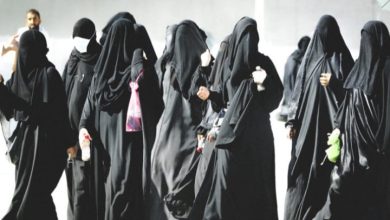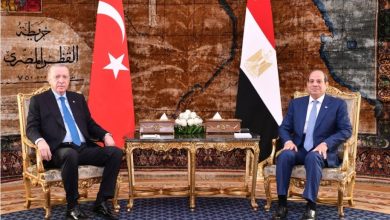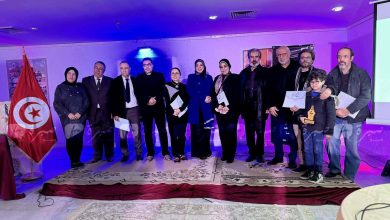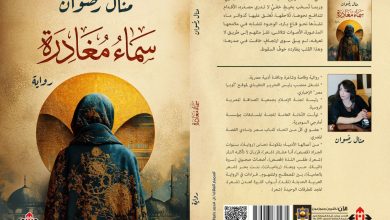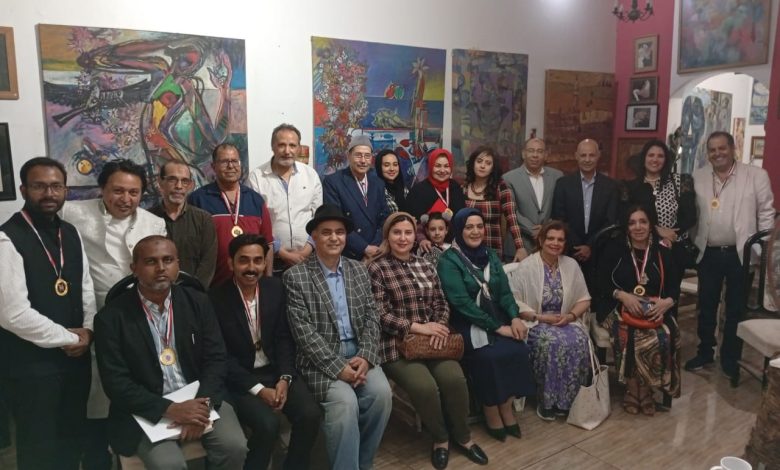
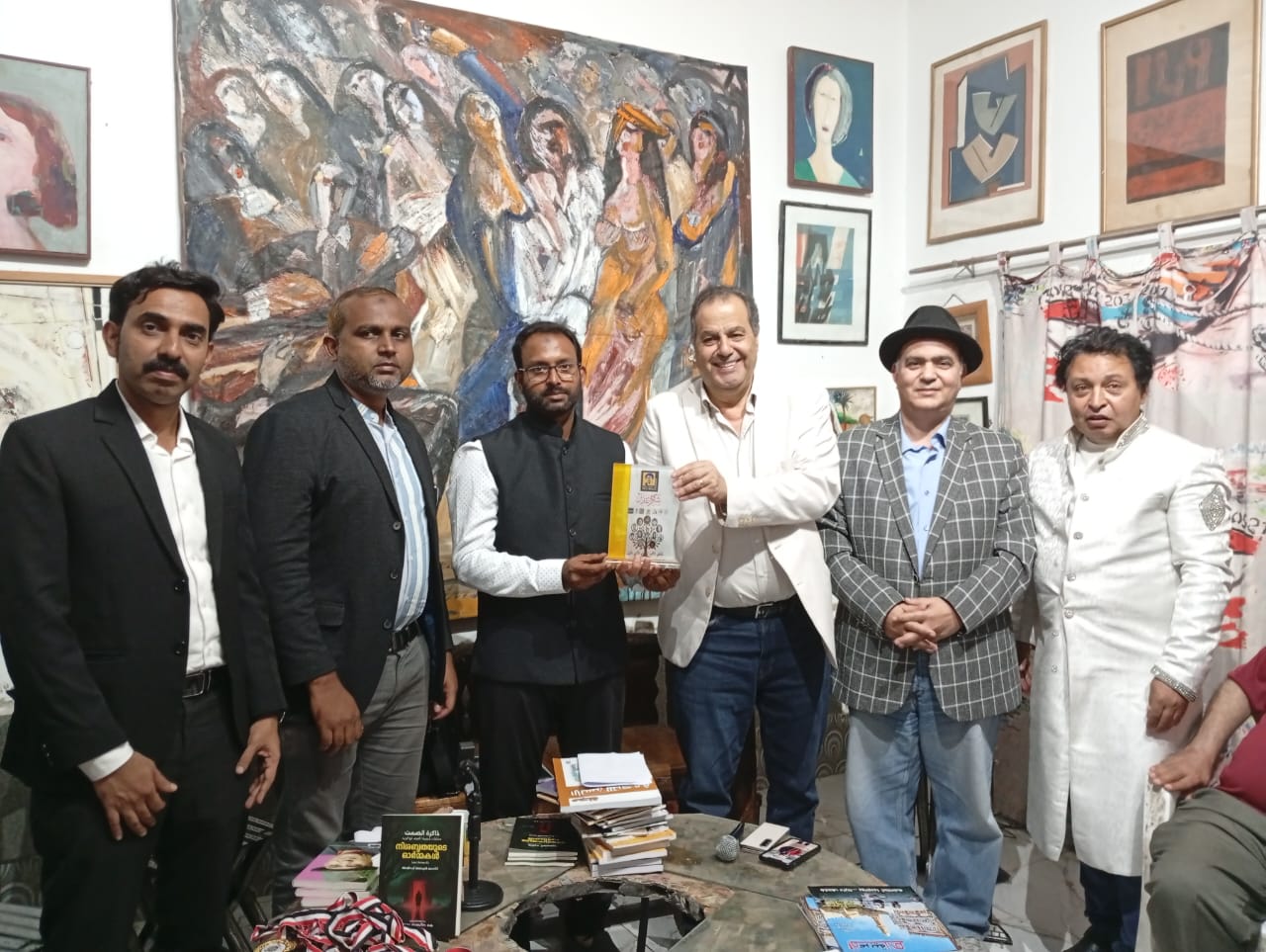
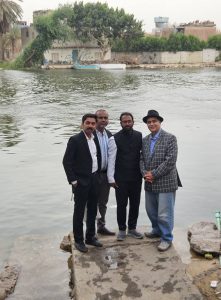
As the world celebrated World Book Day, the Nile in Cairo witnessed the launch of the first Afro-Asian Literary Forum on the evening of Wednesday, April 23, 2025, hosted by the Darna Museum. This inaugural edition offered a special opportunity to engage with the rich literary culture of India through the lens of translation and its challenges.
The event opened with artist, critic, and novelist Abdel Razek Akkasha—the founder of the Darna Museum—presenting the museum’s journey since its inception. Like many artistic dreams, the museum began as a vision that the Franco-Egyptian artist turned into a reality, transforming it into a cultural home for thinkers and creatives. Akkasha guided his guests through the museum’s two floors, explaining his philosophy behind the selection of artifacts and detailing their African, Asian, European, and Latin American origins.
The first edition of the Afro-Asian Literary Forum gathered an exceptional group of writers, academics, translators, and artists from Egypt, India, Morocco, and Bahrain, with recorded messages sent in from the UAE and Indonesia.
Ashraf Aboul-Yazid, the forum’s coordinator, orchestrated the three-part event. The first session was dedicated to academic presentations, the second to the launch of the Malayalam translation of his book, and the final scene to the forum’s and museum’s honoring of the guests and participants.
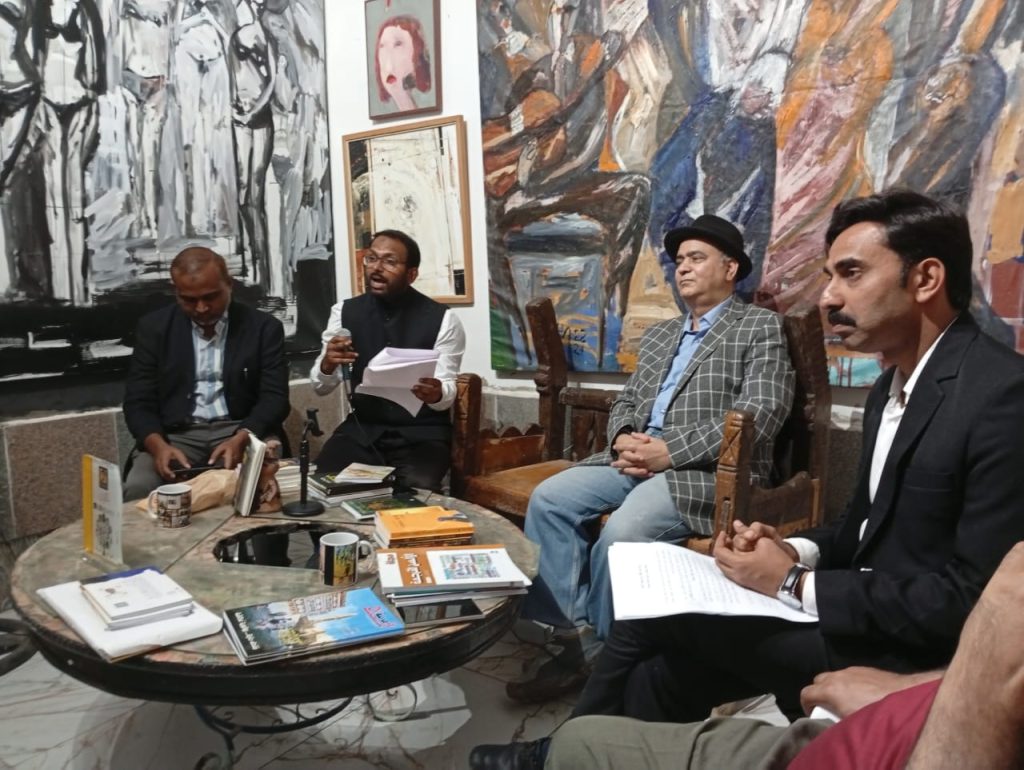
Session One
Three assistant professors and research supervisors from the Arabic Department at Farook College, University of Calicut, Kerala, represented India. Dr. Abbas K. P. presented a paper titled “Challenges in Translating Poetry,” focusing on the aesthetic and rhetorical hurdles faced by translators when conveying beauty from one language to another. He cited the structural differences between Arabic—a Semitic language rich in internal rhythm and metaphor—and Malayalam—a Dravidian language with distinct syntactic structures and a tendency for direct expression in modern poetry. These disparities, he argued, make it difficult to transfer poetic constructs without compromising meaning or beauty.
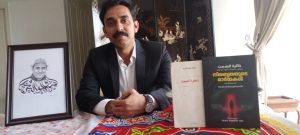
Dr. Abdul Jaleel M. spoke from his experience on “Cultural Transfer in Literary Translation: A Case Study of Arabic-Indian Texts,” examining how translation acts as a mirror of culture, and the challenges and transformations it undergoes.
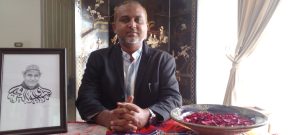
Dr. Mohammed Abid U. P. concluded the Indian contributions with a paper titled “Literary Translation from Arabic to Malayalam: An Overview,” reviewing the history, milestones, and achievements of Arabic-Malayalam literary translation. He highlighted major translated titles, beginning with works by Tawfiq al-Hakim, Taha Hussein, and Naguib Mahfouz, up to the present, including the Malayalam translation of “Back Garden,” a novel by Ashraf Aboul-Yazid.
From Morocco, theater critic and translator Ahmed Belkhairi addressed the issue of translating terminology, drawing from his books such as Glossary of Theater Terms, Theatrical Terminology in Arab Culture, and Semiotics of Theater.
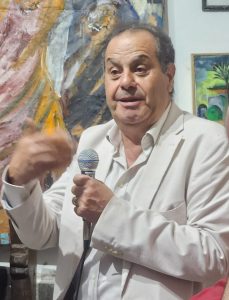
It is often said that no judgment is passed in Medina while Malik resides there—and similarly, no discourse on translation in Egypt would be complete without consulting Dr. Anwar Moghith, former president of the National Center for Translation. With a long history of translating from French and enriching Arab culture, he spoke specifically on the challenges of translating fiction. He noted that accuracy in translation does not necessarily equate to clarity, and that translated works often lose the resonance they hold in their original language due to this lack of clarity.
Dr. Moghith began his speech by recalling his early encounters with Abdel Razek Akkasha, whom he met during his doctoral studies in Paris, where Akkasha had founded a vital cultural gallery that became a hub for Arab writers, artists, and filmmakers.
From Serbia and Indonesia
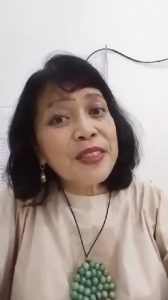
In her message from Jakarta, Indonesia, poet and translator Nia S. Amira stated that translators face significant challenges in capturing nuances, maintaining style, and adapting to cultural contexts. Linguistic structures, idioms, and vocabulary differences compound these challenges. As a journalist and poet for decades, Amira spends most of her time translating and editing texts and emphasized the importance of thoroughly verifying timelines, saying that she pours her soul into her work.
Serbian poet, author, and translator Dr. Ana Stjelja, now based in Dubai, sent her greetings to the forum and chose to speak about translating the work of Serbian novelist and traveler Jelena J. Dimitrijević, particularly her journey to India. Ashraf Aboul-Yazid previously translated her travel writings about Egypt.
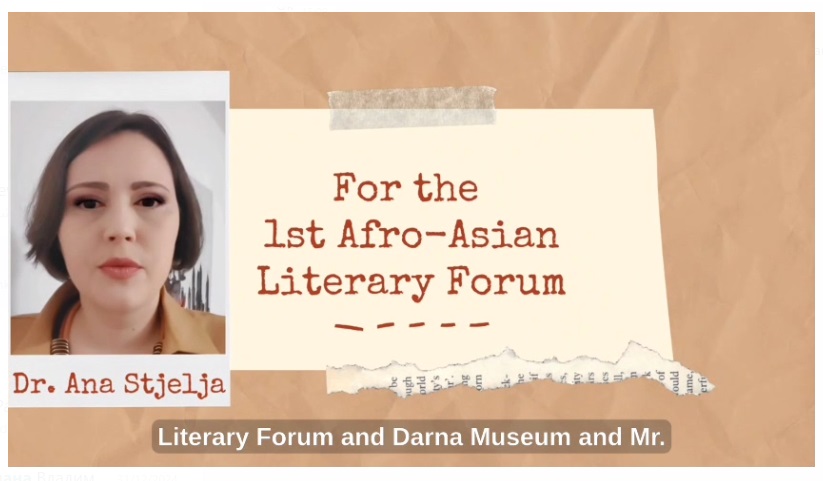
In her speech, playwright Safaa Al-Bayli expressed her gratitude for the initiative to translate poetry into Indian languages and hoped that theater would receive similar attention in the future.
Poet Hazeen Omar shared his joy at the event and praised the Darna Museum for creating a night reminiscent of One Thousand and One Nights. He described the museum as an independent cultural institution that reflects the artistic and humanistic passions of its founder, Abdel Razek Akkasha:
“He built a museum inspired by the creativity of humanity and organized this unique encounter open to the cultures of Egypt, India, and the world—an extension of his artistic legacy marked by his unique imprint and spirit.

